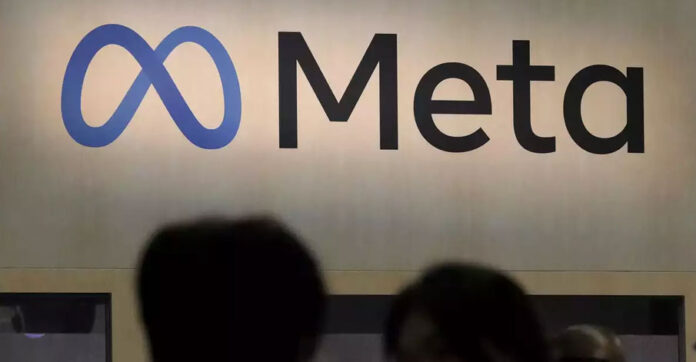
Meta has announced that it will not release its planned multimodal Llama AI model in the EU due to the bloc’s “unpredictable” regulatory environment.
Multimodal AI models are designed to handle various formats such as text, images, audio, and video. Meta introduced its latest large language models (LLM) called Llama 3 in April, with plans to release a multimodal version in the upcoming months.
However, the company has now stated that this latest technology will not be available in the EU. “We will release a multimodal Llama model over the coming months, but not in the EU due to the unpredictable nature of the European regulatory environment,” Meta said in a statement.
Axios reports that Meta is concerned about the compliance challenges of training its models using EU data under the GDPR. Last month, Meta retracted plans to train its LLMs using public content from Facebook and Instagram after extensive discussions with the Irish Data Protection Commission.
Privacy advocacy group Noyb has raised significant concerns about Meta’s plan, arguing that using AI training material from public and licensed data, which could include personal information, would violate the GDPR.
Llama 3, unveiled by Meta, is said to offer “state-of-the-art” performance on various industry benchmarks and new capabilities such as “improved reasoning.” Earlier this year, Meta hinted at Llama 3’s power, noting it was developed using two “data center scale” clusters, each containing over 24,000 Nvidia H100 GPUs.
Meta claims these models represent a “major leap” from Llama 2, with the goal of creating open models that rival the best proprietary models currently available.
Meta is not alone in skipping a major product launch in the EU due to stringent regulations. Apple recently introduced its AI advancements under the banner of Apple Intelligence, set to launch in the US later this year, but not expected in the EU until 2025. Apple cited similar regulatory concerns, specifically the requirements of the Digital Markets Act (DMA), which aims to enhance competition and prevent anti-competitive behaviors in the bloc.
The DMA mandates that companies make their products interoperable with those of competitors, a requirement Apple argues compromises user privacy and security.
EU leaders are skeptical of these claims. “I find that very interesting that they say, ‘we will now deploy AI where we’re not obliged to enable competition’,” remarked EU competition chief Margrethe Vestager, highlighting Apple’s decision to postpone its launch.
Meta also withheld launching its X competitor, Threads, in the EU due to strict regulations, eventually releasing it in December after initial launches in other major markets like the UK, US, and India.





